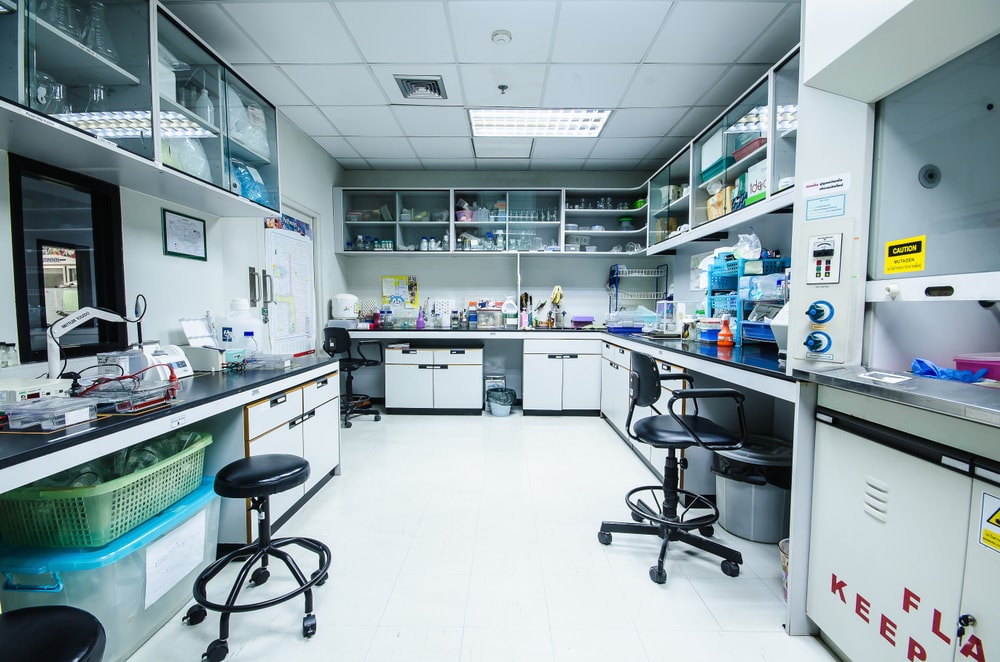If you’ve been following us on social media recently, you might have noticed that we’ve been releasing a lot of new antigens and antibodies. In this blog, we explain how we use the WHO R&D Blueprint to guide our product development and present some highlights from our antigen & antibody product pipelines.
The WHO R&D Blueprint
Infectious diseases pose a major risk to global public health and play a significant role in antibiotic resistance, food insecurity and the global economy. To prevent and diagnose diseases, effective diagnostics and vaccines are vital. However, the availability of high quality reagents is a major limiting factor in preventing and diagnosing both emerging and re-emerging infectious diseases.
In 2015, at the request of 194 member states, WHO brought together a broad coalition of experts to develop the Research and Development Blueprint for priority emerging infectious diseases. The blueprint comprises an evolving list of emerging diseases that pose a severe public health risk with epidemic potential, and for which insufficient, or no preventive and curative solutions currently exist. Reviewed in February 2018, the current list includes:
- Crimean-Congo haemorrhagic fever (CCHF)
- Ebola virus disease and Marburg virus disease
- Lassa fever
- Middle East respiratory syndrome coronavirus (MERS-CoV) and Severe Acute Respiratory Syndrome (SARS)
- Nipah virus and other henipaviral diseases
- Rift Valley fever (RVF)
- Zika
- Disease X (the next unknown epidemic)
How we use the R&D blueprint
The Native Antigen Company’s mission is to help reduce the global burden of infectious disease by developing the highest-quality viral, bacterial and protozoal reagents in rapid response to emerging public health threats. The WHO Research & Development Blueprint is instrumental in guiding our R&D efforts and we continue to extend our product ranges and develop unique reagents for key infectious diseases. The products we develop are ideal for basic research or IVD and vaccine development applications. Our antigens are used by leading pharmaceutical companies and IVD manufacturers in vaccine research and serology where proper folding and glycosylation are vital.
We specialise in using our proprietary mammalian cell expression system to produce recombinant proteins with full glycosylation and proper folding, alongside the native antigen production and the recent addition of insect and bacterial cell expression systems. To complement our rapidly expanding portfolio of antigens, we are also developing a range of highly-specific antibodies for the development of novel diagnostics and therapeutics and routinely provide bespoke product development and custom manufacturing to the IVD and biotechnology industries.
Upcoming products
We have an active R&D development pipeline, which supports the research areas highlighted in the WHO R&D Blueprint, alongside various other emerging and endemic infectious diseases. In the coming year, we will be releasing new ranges of antigens and antibodies, with some new disease areas and unique reagents. To keep up-to-date with our weekly product releases, you can see our Product Pipeline page, of which some highlights are shown below:
Antigens
Design and Cloning
Expression Testing
Purification & Scale-Up
- African Swine Fever Virus pp62
- Marburg Virus-Like Particle
- HIV gp140
- Clotting Factor C
- Hantaan Nucleoprotein
- Ross River VLP
- HIV p24
- Influenza NA
Antibodies
Immunisation
Screening & Selection
Expansion & Characterisation
- Lassa Fever virus antibodies
- Alphavirus (Chikungunya, Mayaro and O’nyong’nyong) antibodies
- Severe Fever with Thrombocytopenia Virus antibodies
- Hepatitis E VLP antibodies
- Rift Valley Fever Virus Nucleoprotein antibodies
Stay updated
To keep up with the pace of emerging disease we need to stay fast and flexible with the development of our products. If you have any suggestions or are looking for a specific reagent that isn’t listed on our website, please get in touch to let us know. You can also subscribe to our newsletter for weekly product releases by getting in touch through the form below:

